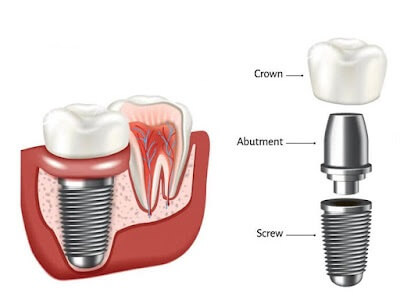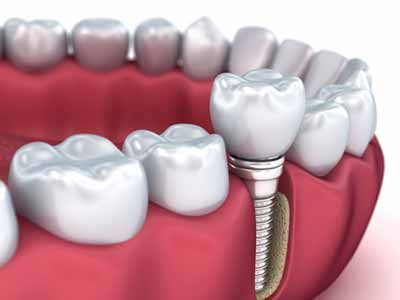


Proper post-implant care is essential to ensure the long-term success and durability of dental implants. After the implant surgery, the dentist will provide detailed instructions on how to care for the implants and maintain good oral hygiene. One of the crucial aspects of post-implant care is maintaining a consistent and thorough oral hygiene routine. This includes brushing the teeth at least twice a day with a soft-bristled toothbrush and using a non-abrasive toothpaste. Additionally, flossing around the implant area and using an antibacterial mouthwash can help remove plaque and prevent infection.
Regular dental check-ups and professional cleanings are vital for the maintenance of dental implants. The dentist will schedule follow-up appointments to monitor the healing process and ensure the implants are functioning correctly. During these visits, the dentist will conduct a thorough examination of the implants, gums, and surrounding teeth. X-rays may be taken periodically to assess the stability of the implants and detect any potential issues early on. Professional cleanings are also essential to remove any plaque or tartar buildup that may affect the health of the implants.
In addition to oral hygiene and professional care, certain lifestyle factors can impact the longevity of dental implants. It is important to avoid habits such as smoking, as tobacco use can hinder the healing process and increase the risk of implant failure. Maintaining a balanced diet that is rich in nutrients, particularly calcium and vitamin D, can support overall oral health and promote the strength of the jawbone. It is also advisable to avoid chewing on hard objects or using the teeth as tools, as this can put excessive pressure on the implants.
By following these guidelines for post-implant care, patients can maximize the lifespan of their dental implants and enjoy the benefits of a healthy and functional smile for years to come. Regular oral hygiene practices, professional check-ups, and lifestyle adjustments can significantly contribute to the success and longevity of dental implants.
Copyright @2023, All Rights Reserved By Dental Implant Turkey.